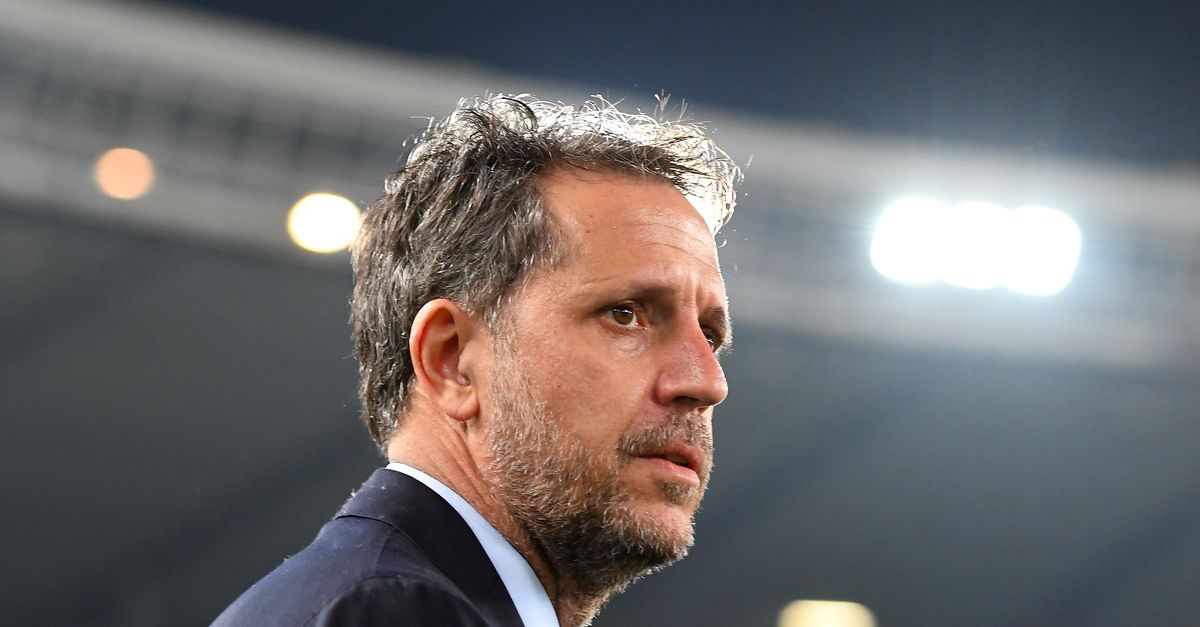“When you have the vaccine you have the feeling that you feel protected, which is very important. And it definitely was harmless, without danger, very fast, I received many letters from people surprised by how easy it was to make the vaccine. And it wasn’t painful at all. People should think of others, rather than themselves, ”said Elizabeth II speaking on a video call from Windsor Castle, with those responsible for the British national vaccination campaign. By assimilating the mass vaccination effort that London is making to the group work, of the united country, of the British during the Second World War. While in the US his grandson Harry interviewed by American TV revealed the phone calls via zoom with his grandparents.
–
The anti-Covid vaccine with Filippo
In short, The Queen has made available her personal experience with the vaccine: she and Filippo received the first dose in January 2020. Confirming the desire, once again, on her part and by Filippo (in these days in hospital due to an illness disconnected from Covid), to be an example. To serve the country also with this personal testimony. And it is not the first time.
–
The antipolio in 1957 for Carlo and Anna
Already in 1957, it was she who wanted to break the Court’s privacy veil on the Royal family’s health choices, to make it known to the British and the world that Prince Charles and his sister Anna, at the time children, had also been vaccinated against poliomyelitis. At the time, like today for the Covid vaccine, many hesitated about the possibility of the polio vaccine. And so the queen wanted to make known which side she was on and how much trust she had in science: if she had not hesitated to vaccinate the heir to the throne and her sister, everyone could entrust their children to the vaccine, without fear. In that same year, the sovereign and Philip had meanwhile undergone vaccination against the Asian flu, in view of a trip to Canada and the United States.
–
Queen Charlotte
Watching backwards, it turns out that trust in science in London has an ancient history: the greatest (and courageous) supporter was Charlotte, wife of George III: they had fifteen children and the queen wanted to follow their education in person, already a novelty in the court of the eighteenth century. Independent, daring, full of personality, when it comes to politics, the queen followed the events that led to the declaration of independence of the colonies in 1776, advising the king who fought the reform plans of the East India Company and summoned William Pitt the young. A supporter of the first inoculations against smallpox, risky because still experimental, Charlotte was not afraid, she had all her children vaccinated. He mourned the deaths of two children, Octavius and Alfred, but did not lose faith in science.
–
Correspondence from the Royal Collection Trust
More unbearable will be the agony at the death, a year later, of little Octavius. Same atrocious pain that will weigh on the madness of the child’s father, King George. The king who in those years fought against the independence forces of the colonies in America, initially joined his wife in considering a calculated risk that of a vaccine that is still experimental. It was 1775 the palace proto-vaccines administered by the court surgeon William Bromfield, were still very risky compared to the safe ones developed a century later. The Queen’s correspondence with Lady Charlotte Finch, kept by the Royal Collection Trust, traces the steps of her decision to vaccinate all the children, who for their part underwent “heroically”, says the mother. To add: “I trust Providence which has always assisted me up to now.” In the correspondence with the royal governess, the queen will also explain the inoculations of the princes, for example that of Ernst born in 1771. A choice, that of becoming an ante-litteram testimonial of this medical practice to defeat the contagion, which helped the country to fight the plague of smallpox.
–
Queen Caroline, and Newton
But the first at the British court to believe in science was Caroline of Ansbach (wife of King George II): ended up on her deathbed due to smallpox, when she recovered she had what at the time in the aristocratic circles of London was considered a an “oriental” practice and after the success of the first experiments he ventured to have his children inoculated experimentally. And when her husband ascended the throne she opened her rooms to writers and thinkers, scientists and innovators: so in her studio at Kensington Palace the writers Jonathan Swift and Alexander Pope will alternate, while Isaac Newton will conduct experiments of refraction of light right in the royal rooms . Coming to the present day, in 2015, in the name of another Charlotte, the second child of William and Kate, the government of then Canadian Prime Minister Stephen Harper announced (as a gift for the birth of the Royal Baby) the donation of $ 100,000. to Immunize Canada, a pro-vaccination group in the country.
–
–
February 27, 2021 (change February 27, 2021 | 18:58)
© REPRODUCTION RESERVED
–


